Defining a career path is what helps us identify and advertise the experience we have gained in a way that is understandable and comparable to those inside and outside of our community. It is a structure upon which many other aspects of our job and life can depend, including access to new roles, pay scales and ambitions. Without it, we can find ourselves in a position of uncertainty with no way of defining progress.
Despite this clear importance, the idea of a career path for Digital Research Infrastructure(DRI) professionals is murky and undefined. Since the inception of the RSE Society, the picture is looking clearer for RSEs but there is still a long way to go. With new job roles and team sizes being formed, such as AI ops and data oriented roles, the opportunities for new career paths are opening up.
In this blog post, we will explore all the constraints and complexities involved in defining DRI career paths.
Multiple Possible Roles and Expertise
RSE careers and job roles vary in many ways. We range from researchers who code to full time software engineers. We can embed RSEs within a research group or RSEs in central teams often as part of IT services. All these different RSE jobs are valuable and need to be considered when discussing RSE career paths.
There are also challenges for career progression as you climb the ladder. Often the only way to progress from a senior level RSE is to go into management, which is not what everybody wants to do. Progression into technical leadership roles exists, but opportunities are limited. There are also other leadership roles that need to be recognised such as community leadership that are valuable to the profession as a whole.
Multiple Stakeholders to convince of our career path
Unlike software career paths outside of academia, we have multiple stakeholders to convince of the validity of our career path as a whole and how far along that path we are. In addition to our employer institution, we also need to convince the funding bodies and communities that are springing up around the theme of RSE. This can be a difficult challenge when each has its own ideology, rates of change and economic scale. Many RSEs' time is covered both by project and central university funding.
Institutions and funders have historically defined RSEs under professional services contracts with very little progression or variety in job titles and descriptions. The grade is often tied to a project with no flexibility for the duration of the project. When projects span multiple years this can be a barrier to the progression of RSEs on the project.
The RSE society is one of the biggest RSE communities and was built around the definition of RSE as a role. Other communities exist including domain or geographic region specific. Any sustainable career path will need to be aligned with these communities to ensure consistency across regions and research domains.
No standard skill requirements
The role of an RSE can span many different technologies and applications. With this comes a very broad skill set requirement that is often unique to the project or team. Creating a baseline set of skills for each role and career stage can improve consistency across the community but also risks degrading the diversity of skills that are covered.
Larger RSE teams have more scope in this area to enable more specific role expertise requirements similar to a commercial sector team.
Multiple Entry Points
People might become RSEs from a variety of other roles and levels of experience: graduate student, postdoc, internship or from industry.
The early career entry point appears to be less common, our group perceived that it is common for RSEs to start their careers after some time in research.
There are a couple of initiatives that aim to expose students and early career researchers (ECRs) to the option of an RSE career and provide an early entry point. The Imperial College Research Computing Service is running an HPC and RSE Experience Programme. It is effectively an internship that provides a short term contract for ECRs wanting to dip their toes in the world of HPC and RSE. The N8CIR is also running its first summer internship scheme this year (2024) which aims to bring RSE skills to those new to research in three academic themes (Digital Health, Digital Humanities and Machine Learning). It is driven by the academic theme leads at each institution who will help identify the projects and candidates that are most appropriate. It is also supported by the RSE leads at each institution who will assist in the use of local and regional HPC.
Maintaining the diversity of the role
One of the attractive aspects of the RSE role is the diversity of work involved. How do we maintain this if we create more restrictive job roles and descriptions?
Fluidity of career path can be beneficial (see portfolio careers), and may lead to you taking up other software infrastructure roles that suit your interests, or that you may already be doing as an RSE. Progression is not limited in the same way as with some chartered professions.
On the other hand, with a well defined professional progression path it could be easier to build a justification for promotion, boost recognition and compensation for RSEs with our respective employers.
Conclusion - a way forward
To tackle these difficulties in defining a career path we need to establish flexible role definitions and make these widely available to the community. We need to help RSEs track and manage their career development in a way that can easily be communicated to different stakeholders such as institution management and funding bodies.
Some key actions for moving forward…
- Promote a more diverse entry point to the RSE career path through internships and apprenticeships.
- Work with institutions and funders to make contracts and funding more flexible for RSEs.
- Continue to promote community projects such as the RSE Competencies toolkit that aim to help define key skills and levels of experience.
Authors |
Sam BlandN8CIR RSE Theme Lead & Embedded RSE at SEI York sam.bland@york.ac.uk |
Adrian D’AlessandroImperial College London a.dalessandro@imperial.ac.uk |
Thomas ZwagermanBritish Antarctic Survey thozwa@bas.ac.uk |
Fred ThomasUniversity of Oxford fred.thomas@eci.ox.ac.uk |
Takuma Satonextnano GmbH takuma.sato@nextnano.com |
Original image by djoanis from pixabay.

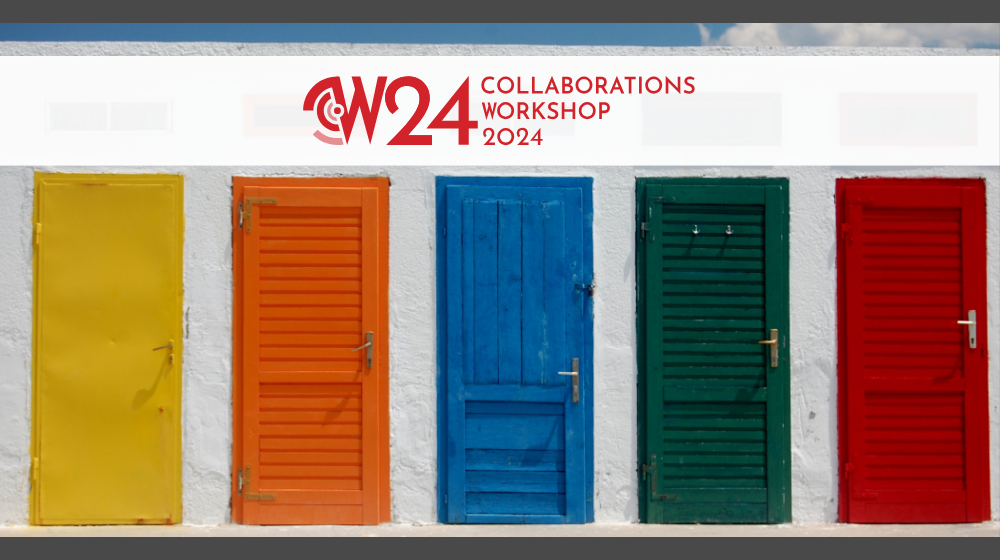
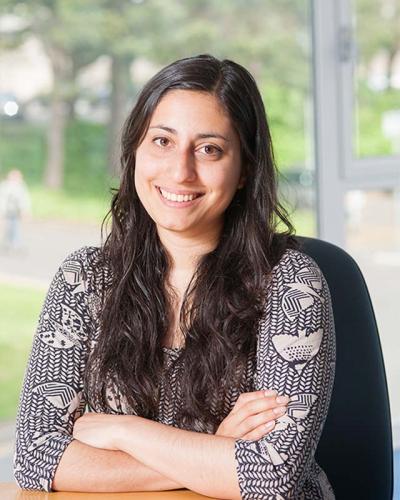

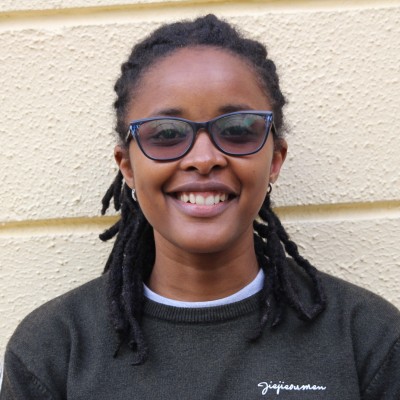
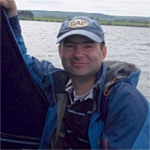
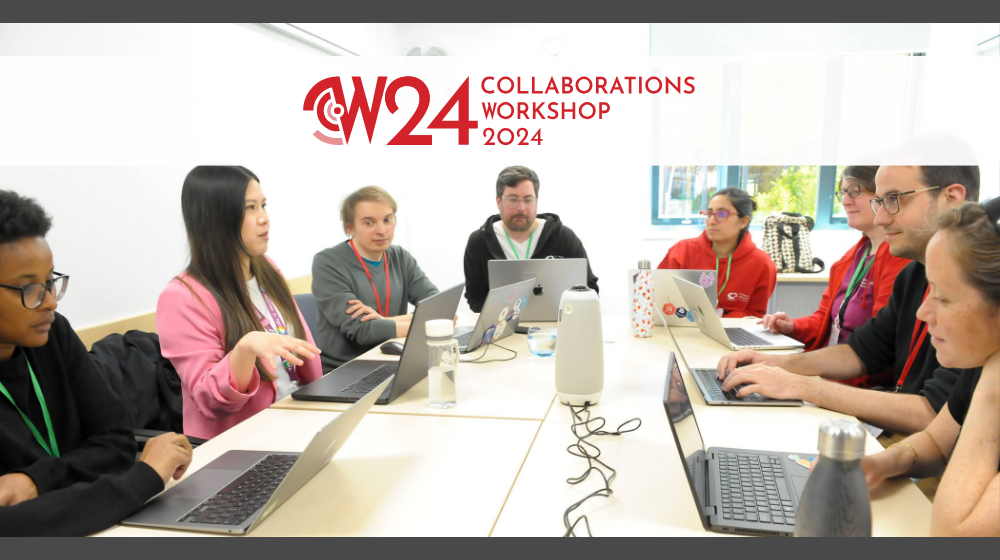
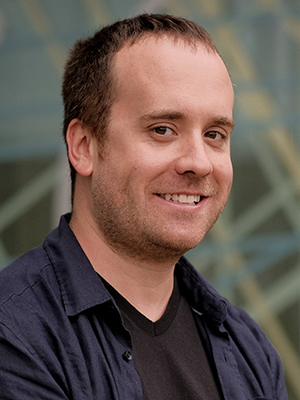
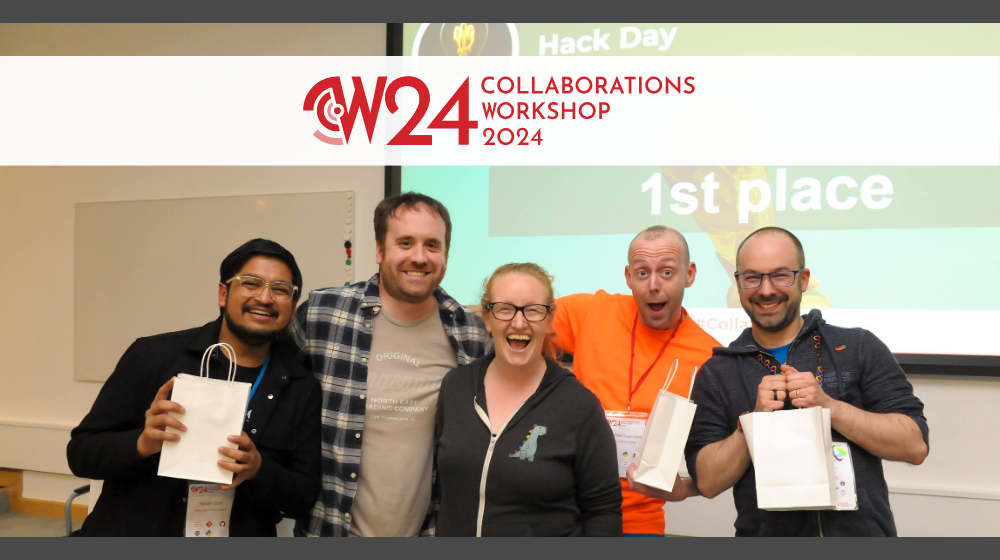
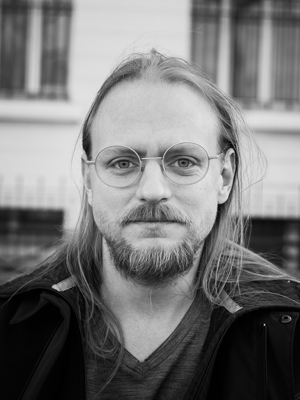

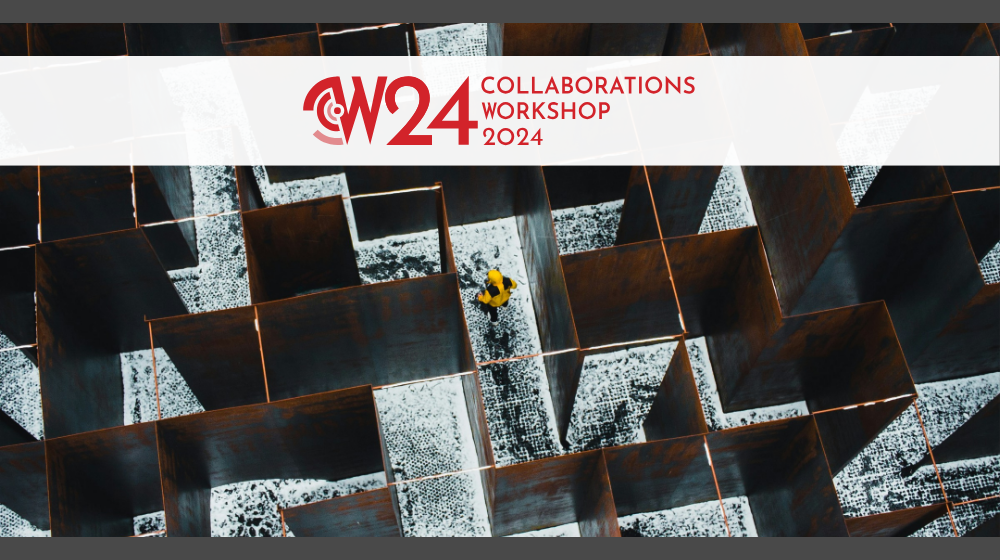
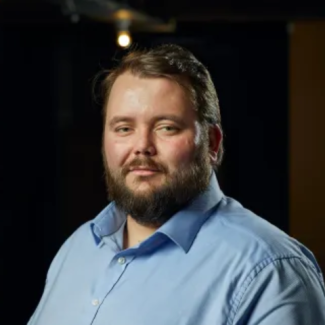
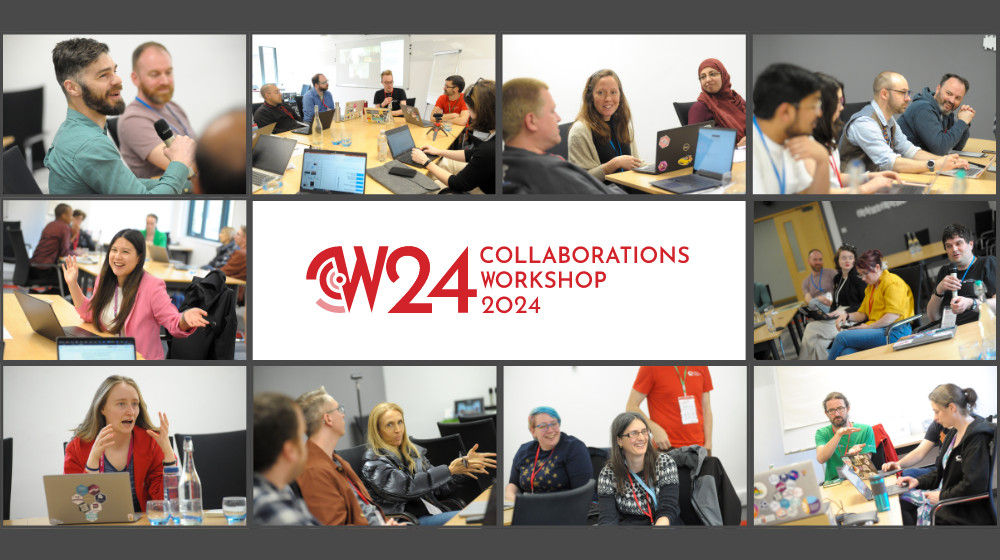

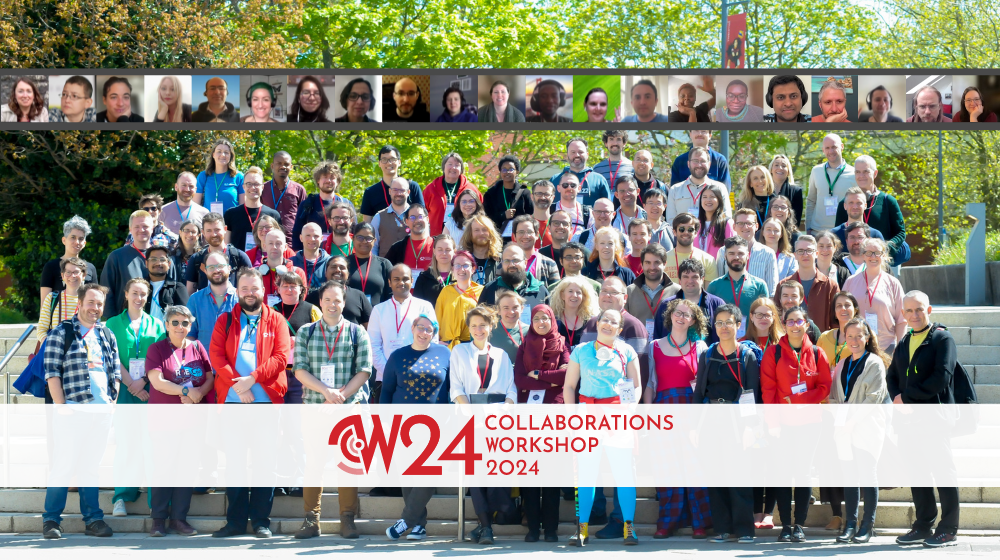
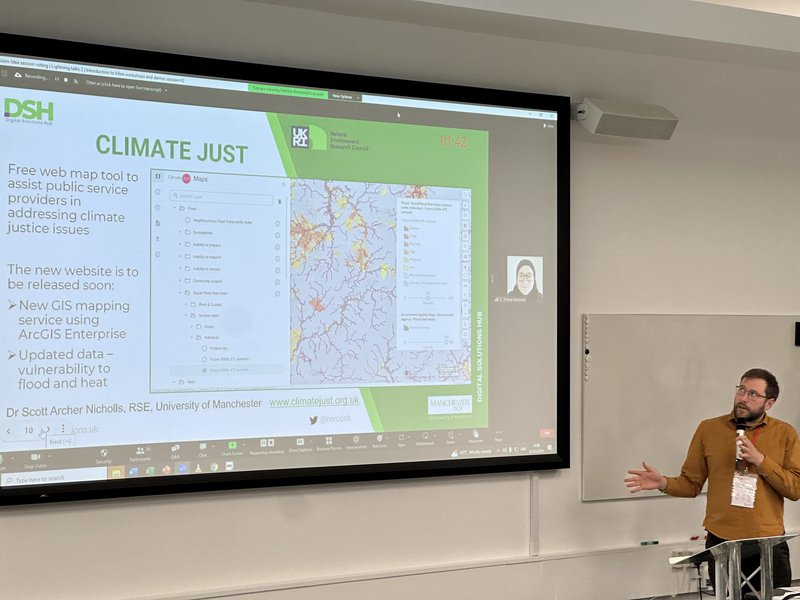
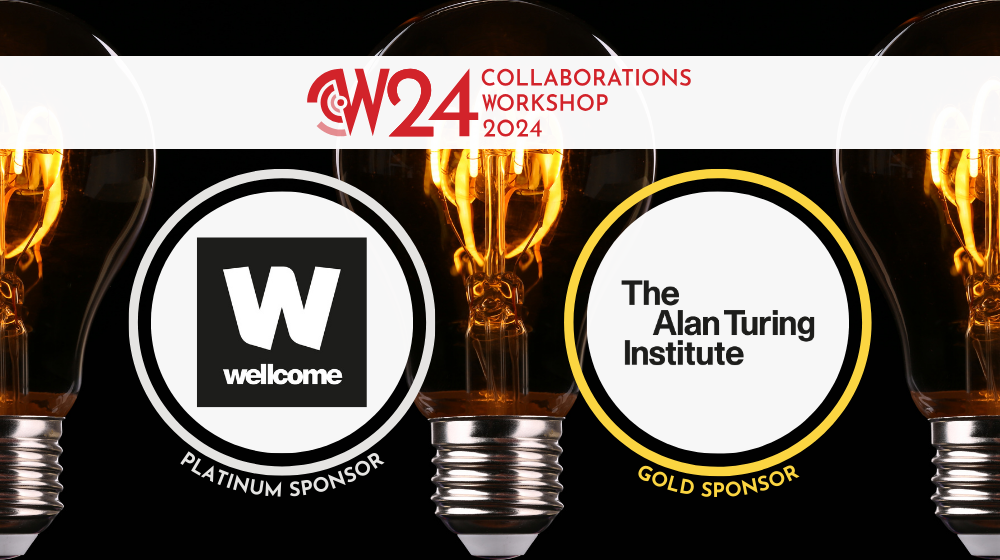
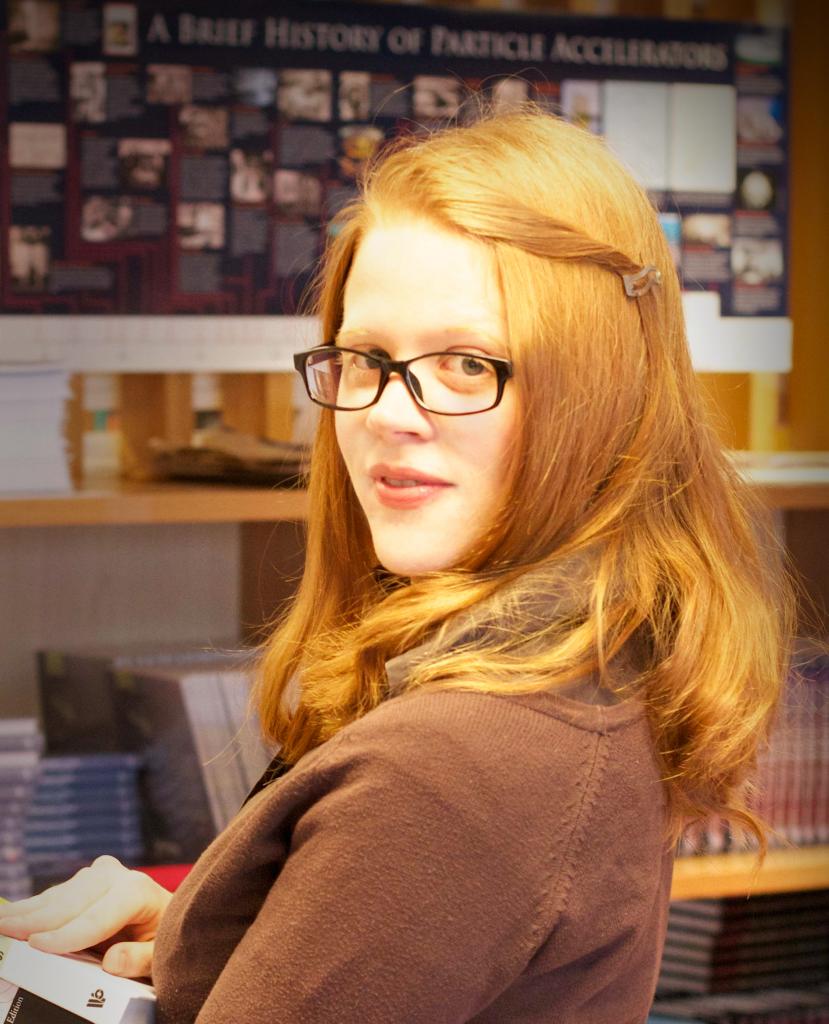
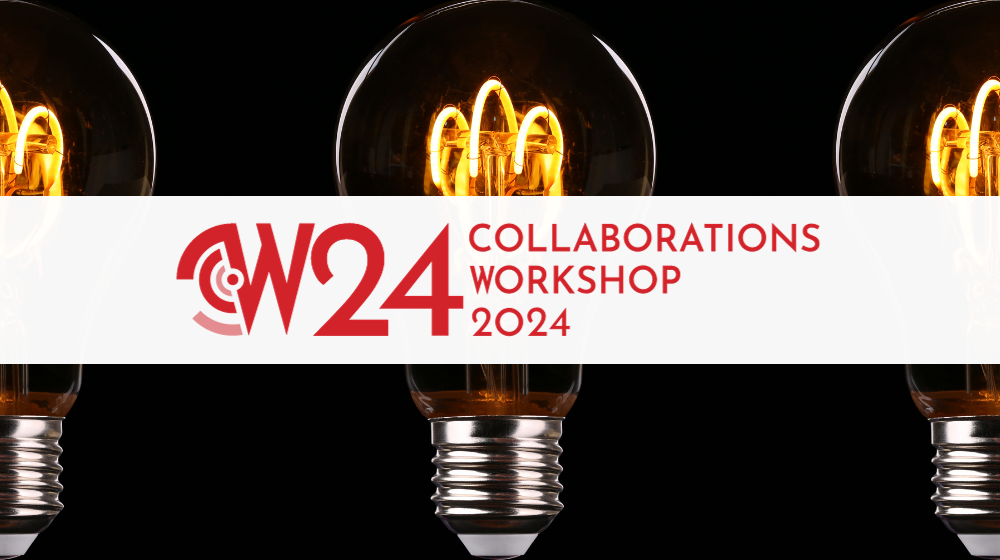
 The themes of CW24 were:
The themes of CW24 were: